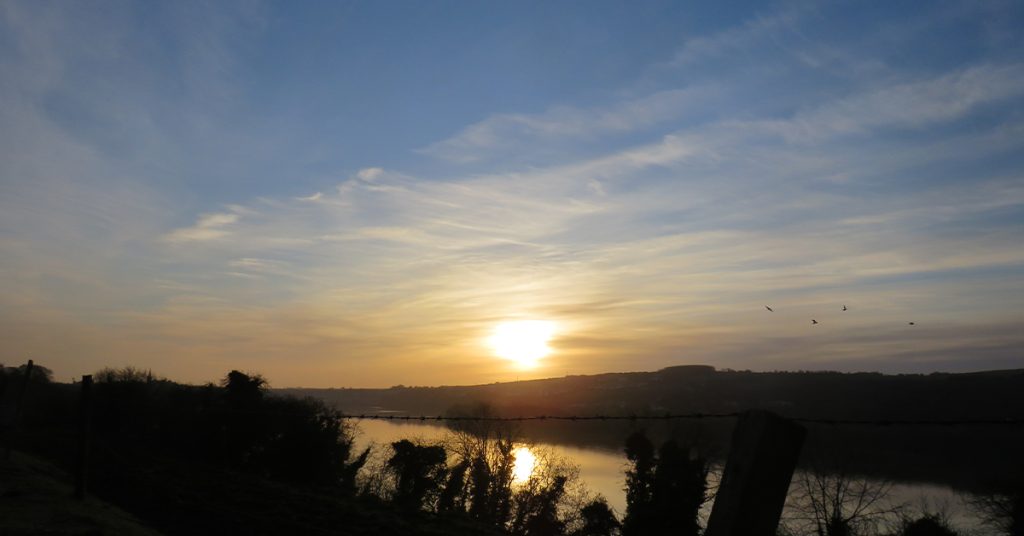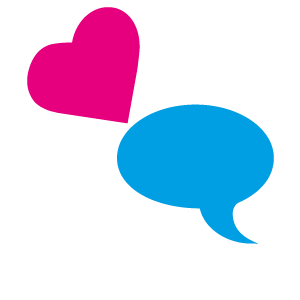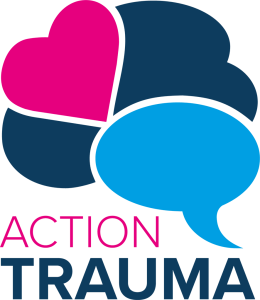Mindfulness Learning to Pause

Reducing the impact of stress by becoming more mindful. Modern living can often give rise to feelings of stress, but by increasing our awareness by paying attention and ‘reflecting and responding’, rather than ‘reacting’, we can become better equipped to meet these challenges.
When unresolved, prolonged and excessive stress lead to emotional, physical, and mental exhaustion, which in turn can affect our physical and mental health.
So what can we do to slow down, to become more mindful and reduce the impact of stress both in our work and our wider world? One of the best ways is to PAUSE:
Present Accept Understand Senses Engage
Present. Jon Kabat-Zinn succinctly describes mindfulness as, “…paying attention in a particular way, on purpose, in the present moment, and non-judgementally…lt wakes us up to the fact that our lives unfold in moments.”
Accept. Put simply, mindfulness is about being aware of, and noticing our present moment by moment experience as it’s happening, alongside accepting that experience with an open-minded curiosity and without judgement.
Understand. This acceptance can be further demonstrated with a very simple example: picture a chair. The chair is still a chair, with all of its inherent properties, whether you understand that it is or not. In other words, the world is as it is, regardless of our place in it.
Senses. Mindfulness practice helps us to take notice of our senses. By developing
self-awareness, we can gradually learn to ‘come to our senses’ and to more easily pay attention to what’s already there. This enables us to be grateful for what we have, alongside helping us to accept and meet the challenges of the present. Regular mindfulness practice can therefore help us to build resilience to become better equipped to meet these challenges.
Engage. Slowing down and pausing then, is ultimately about how we present to the moment that we’re in. By engaging with the moment as if it were the first time of experi encing it, we can reflect and respond, rather than react.
Allow yourself a little time. Take two breaths to pause, accept what’s happening right here in the present moment without judgement, take heed of your senses, and engage with the moment as if was the first time. In our busy lives as we run around reacting, expending energy, and constantly finding things to do, remember – at times, it’s better for us to let things happen, rather than try to make them happen.
To learn more about mindfulness and its benefits, visit:
www.inspirewellbeing.org/mindfulnessinstitute
See the ‘3 Step Breathing space’ self-help toolkit here:
https://www.covidwellbeingni.info/assets/pdfs/selfhelp/3%20Step%20Breathing%20Space.pdf





Responses